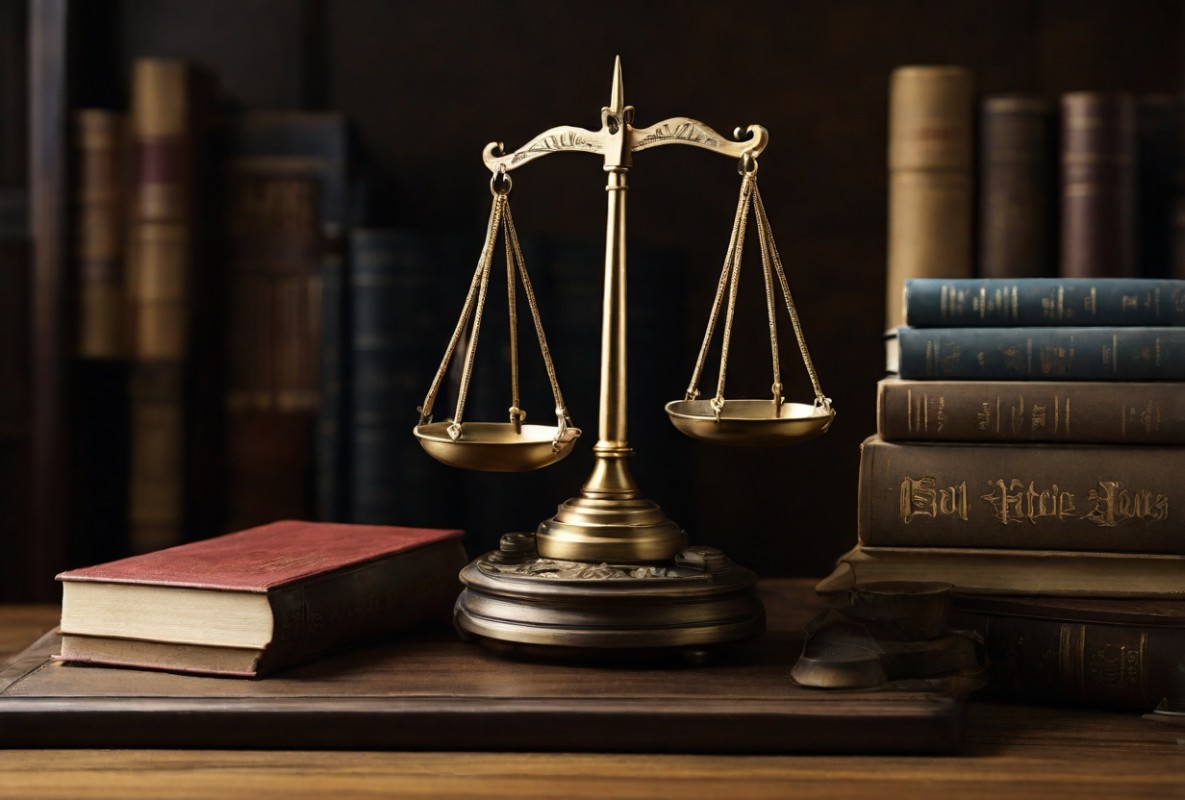Blockchain is fueling Madeira Blockchain 2023, Portugal’s emerging technology hub.

The Portuguese archipelago of Madeira is witnessing the emergence of startup hubs focused on emerging technologies such as blockchain and artificial intelligence. Rogerio Gouveia, finance minister of Madeira’s regional government, said the technology sector accounts for about 30% of the island’s business. This is a significant increase compared to traditionally tourism-driven economies.
The local tech community is sponsoring the Madeira Blockchain Conference, a two-day event that promotes startup networking and discussions on how to use blockchain to solve real-world problems.
Cointelegraph attended the event held at the Funchal Center for Cultural Studies (CCIF) for the second year in a row. Highlights of the conference include:
Traditional game studios are avoiding buzzwords and quietly embracing blockchain.
Gaming companies exploring blockchain technology are facing backlash from players and developers, forcing some studios to avoid Web3-related buzzwords.
Redcatpig, a traditional gaming studio, faced obstacles in adopting blockchain features in its games. CEO Marco Bettencourt highlighted the challenges of getting startup teams to explore the potential benefits of integrating blockchain into game development.
The studio is working on technology but avoiding buzzwords. “We all know there are new technologies out there. We all know about NFTs and proprietary technology. And we don’t use buzzwords to sell our games. (…) Players don’t need to know whether it’s Web3 or blockchain. The only thing they need to know is that if they buy a skin, they own it and can sell it tomorrow if they want,” Bettencourt said.
In 2024, the company will launch its first blockchain-based game, offering Nonfungible Token (NFT) skins and drones, which can be traded and purchased in-game with fiat or cryptocurrency.

Is your startup raising money? Not all money is the same
During the event, Alexandre Mendes, Head of Ventures and Strategy at Subvisual, provided key insights on Web3 startups raising capital. According to him, startups looking for funding should keep in mind that “not all money is the same.”
Startups need a clear strategy on what types of investors they are looking for and how they will participate in governance. “Lockups, vesting, carry, etc. are very strategic and tricky topics that we need to be more mindful of,” Mendes said.
Mendes also explored the “infinite dilemma” of building a product simultaneously with a token launch. In his opinion, not all projects need tokens. “Tokens are not always necessary (…) The number of startups that successfully launch tokens and then fail to launch their products is quite high.”
Mendes said many founders often have no idea who they are building for, adding that some projects are more of a technology demonstration than a product. “This is what we’re trying to build here. Is this a technology demonstration, or are we actually trying to build a company?”
Madeira invests in startups to strengthen economy
Madeira is embracing new technologies by providing key incentives for startups. One of the perks of being a tech company is the free trade zone, which provides companies with tax benefits, including the lowest corporate tax rate in the European Union and exemption from capital gains tax.
“For companies looking to establish a presence in the region, the greatest tax incentives will be found in the Madeira Free Zone or International Business Centre, which offer a preferential tax regime that limits corporate tax rates to a competitive maximum of 5%.” In an interview with Cointelegraph, Gouveia emphasized that the region is not an offshore haven, but rather operates under a set of regulations and guidelines aimed at promoting Madeira’s economic growth.
Madeira is developing a payments network to connect local merchants and facilitate currency exchange for tourists. The network, currently in the feasibility study phase, is expected to run on blockchain technology and allow tourists to load funds onto a single debit card for use across the archipelago. An identical card system is also planned to optimize government operations, such as distributing public benefits such as scholarships to residents.
magazine: Should children take the ‘orange pill’? Bitcoin Children’s Book Case Study


